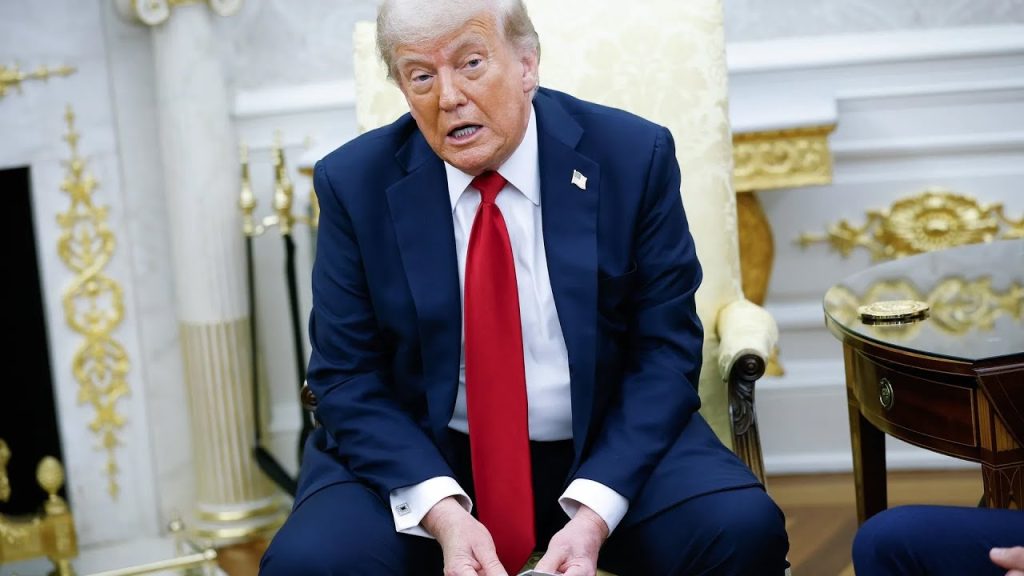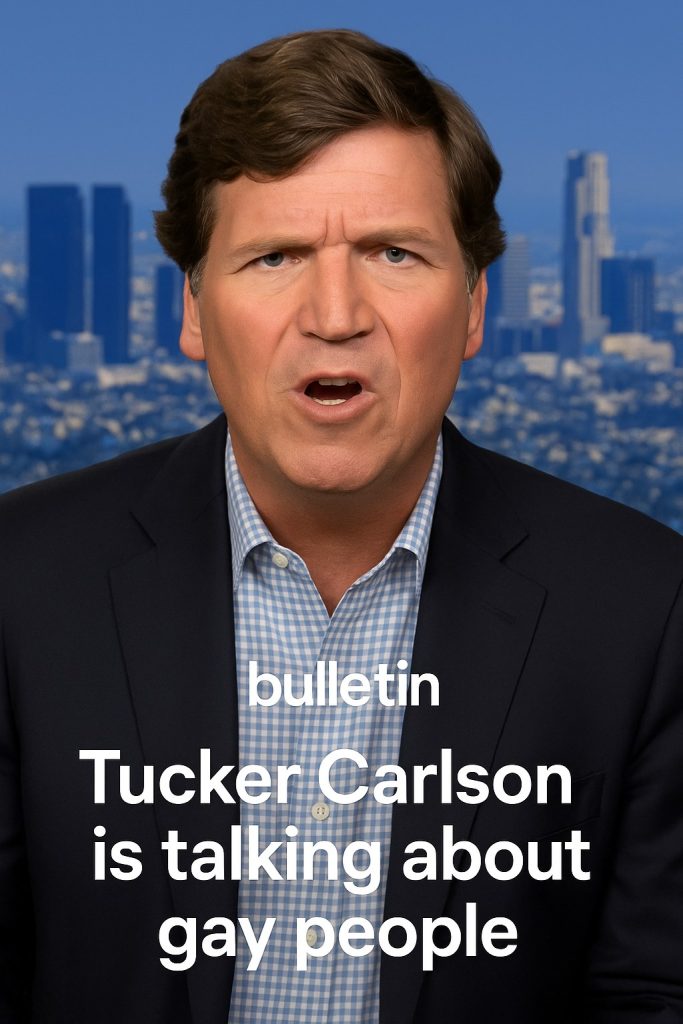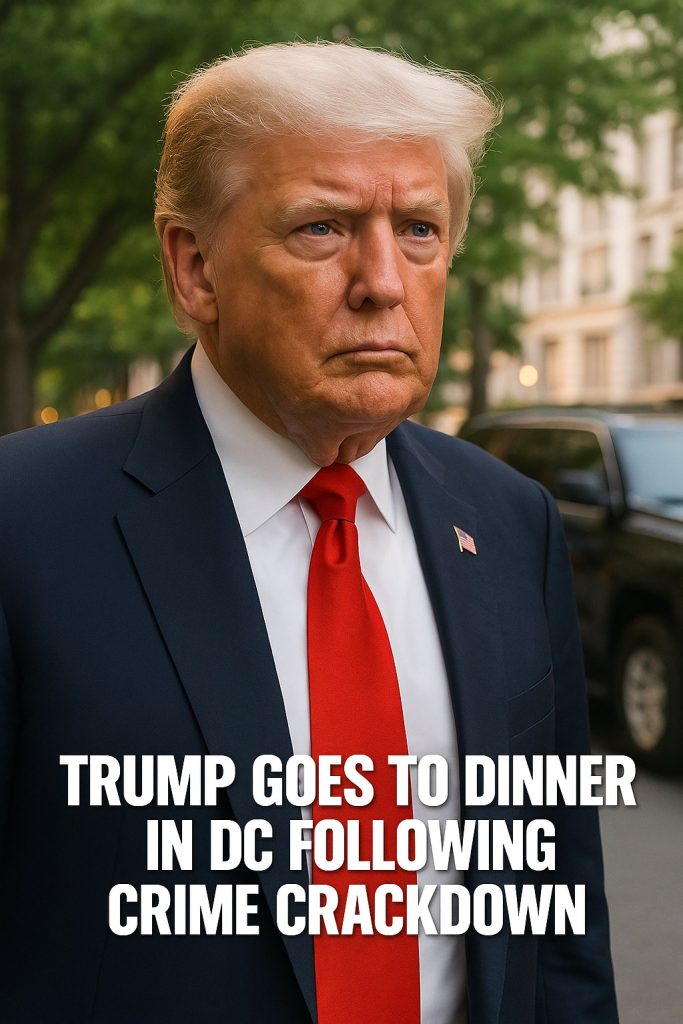In a recent media appearance, Speaker of the House Mike Johnson provided a controversial defense of former President Donald Trump in relation to the ongoing scrutiny surrounding Jeffrey Epstein and his illicit activities. The clip, which has since gone viral, highlights a bizarre consistency in the Trump camp’s efforts to downplay connections to the scandal that has villainized many elite figures in society.
Johnson found himself under fire as he responded to questions about Trump’s repeated assertions that the Epstein scandal is a “hoax.” The Speaker asserted that Trump’s claims were not directed at Epstein’s heinous actions themselves, which he called “unspeakable evil.” Instead, Johnson suggested that Trump had acted with moral superiority, alleging he kicked Epstein out of his Mar-a-Lago estate once he “first heard the rumor” about his activities. He even claimed that Trump had been an FBI informant working against Epstein, a declaration that many are regarding as far-fetched.
Audience members were quick to notice the implications of Johnson’s assertion regarding Trump’s alleged role as an informant. Such a claim taps into narratives often associated with conspiracy theories, particularly those propagated by the QAnon faction, which frequently portrays Trump as a noble figure combating nefarious forces. The dichotomy presented by Johnson—that Trump was merely present in Epstein’s circle to expose him, rather than as a friend—seems to reinforce dogmas popular among his staunchest supporters.
This defense raises questions about the lengths to which political figures will go to salvage the reputation of their allies. Trump’s history with Epstein has been widely documented, with the two seen together at various social events in the past. Critics argue that citing an FBI informant credibility during these associations is not only a stretch but acts to dismiss the serious nature of the allegations against Epstein. Johnson’s comments reveal an intriguing dynamic: emphasizing Trump’s supposed virtue while also downplaying the gravity of the scandal itself.
Moreover, the Speaker seems to address not only the legal implications of the Epstein case but also the emotional impact on the victims. Johnson expressed, “he [Trump] has great sympathy for the women who have suffered these unspeakable harms.” This comment, while empathetic in nature, also elicited skepticism as observers noted that advocating for victims is often a common political maneuver to reframe narratives amid scandal.
The backlash to Johnson’s remarks has been swift from various political corners, particularly among those who advocate for transparency and accountability. Critics have taken Johnson to task for undermining the seriousness of Epstein’s offenses, including human trafficking and the exploitation of underage girls. The juxtaposition of moralizing rhetoric with the defense of a friend implicated in these behaviors raises ethical concerns, prompting discussions regarding the responsibilities elected officials have in denouncing wrongdoing.
As the Epstein scandal continues to cast shadows over many high-profile individuals, the political fallout from comments like those made by Johnson could be substantial. What remains clear is that the intersection of politics and personal alliances continues to weave a complex tapestry, where narratives crafted in defense of public figures can clash violently with principles of justice and accountability. As discussions unfold, Johnson’s statements may serve as a potent reminder of the deep-rooted challenges that accompany discussing sensitive social issues in the political arena.



